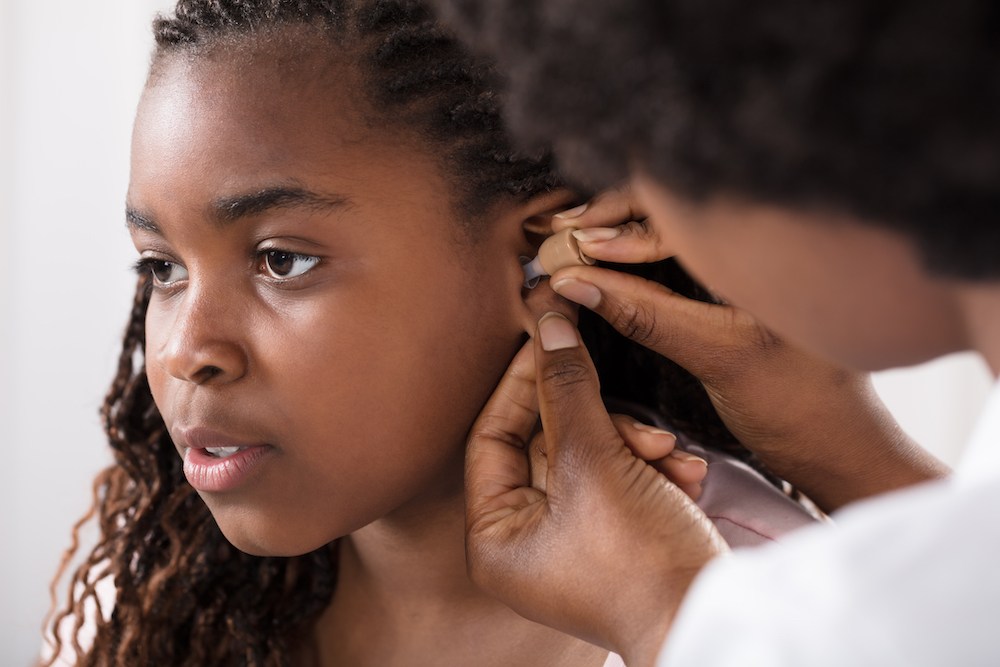What Young Adults Should Know About Hearing Protection
Hearing protection might not be something most young adults think about,
We’re Hiring! Click Here to Learn More About Our Career Opportunities →

If you have tinnitus and if you’re yet to seek treatment, you likely hear a constant buzzing, ringing or whooshing noise. What’s more, this constant noise can be the genesis of other issues like anger, depression, headaches and isolation.
Tinnitus can come into the way of your day-to-day activities, especially if it’s chronic and burdensome. If your tinnitus is extreme and debilitating, it likely affects your ability to sleep, concentrate or live normally.
Nevertheless, all is not lost because with the help of hearing aids; you can manage tinnitus. With these devices, you’ll reinvent yourself back into society without allowing this condition to take over your life.
But how can hearing aids help to alleviate tinnitus, you may ask?
The primary role of hearing aids is to make you hear well. As such, you’re better placed to take part in a conversation because you can communicate freely with others. With hearing aids, you’ll hardly be distracted by the annoying buzz or ringing in your ears.
Please do not overlook the essence of better communication because the lack of it can lead to anger, depression, frustration and isolation. After all, these character traits are often common with tinnitus.
Today’s hearing aids can easily alleviate your tinnitus because they come with a technological feature that allows them to emit white noise or artificial sounds. This noise is amplified directly into your ear, an aspect that helps to get rid of the bothersome tinnitus sound. In other words, the hearing aids decrease the signal-to-noise ratio of any unwanted sounds.
Since hearing aids help to augment the volume of external noise, this, in turn, allows the brain to receive an increased amount of auditory stimulation. In any case, the key to alleviating tinnitus is stimulating your brain’s auditory pathways. This way, your brain will become accustomed to soft background sounds that might not otherwise be heard.
Hearing aids help notify your central nervous system that a particular sound has been supplied to your ear. These devices are meant to deter your brain from being deprived of sound that goes through your ears because the central nervous system cells are active and useful. The lack of sound implies that these cells are lying idle; thus, they may atrophy.
Because dual microphones aid your ears, you’ll hardly notice any interfering background noise. It cannot go without saying that this option is particularly useful, especially if you’re in a noisy environment. In the absence of hearing aids, you can barely separate speech from noise due to the background noise level.
With hearing aids, you can easily tell where sounds are coming from. Any sound arriving at any of your ears should not be very much different in time, loudness and pitch. Anything on the contrary, and your brain will find it difficult to process where the sound is occurring.
By now, it’s evident that hearing aids will go a long way in reducing the effects of tinnitus. When you get these devices, your journey to proper hearing has only begun.

Hearing protection might not be something most young adults think about,

Hearing loss usually starts gradually, making it hard to notice right

Choosing the right hearing aid for your needs is about more than just